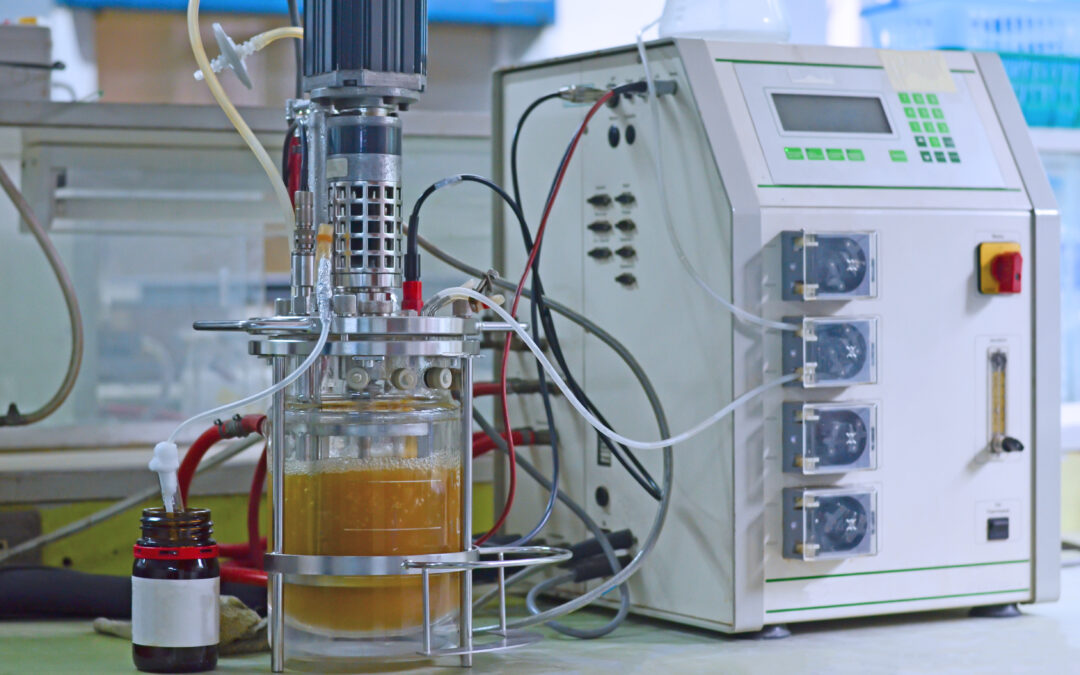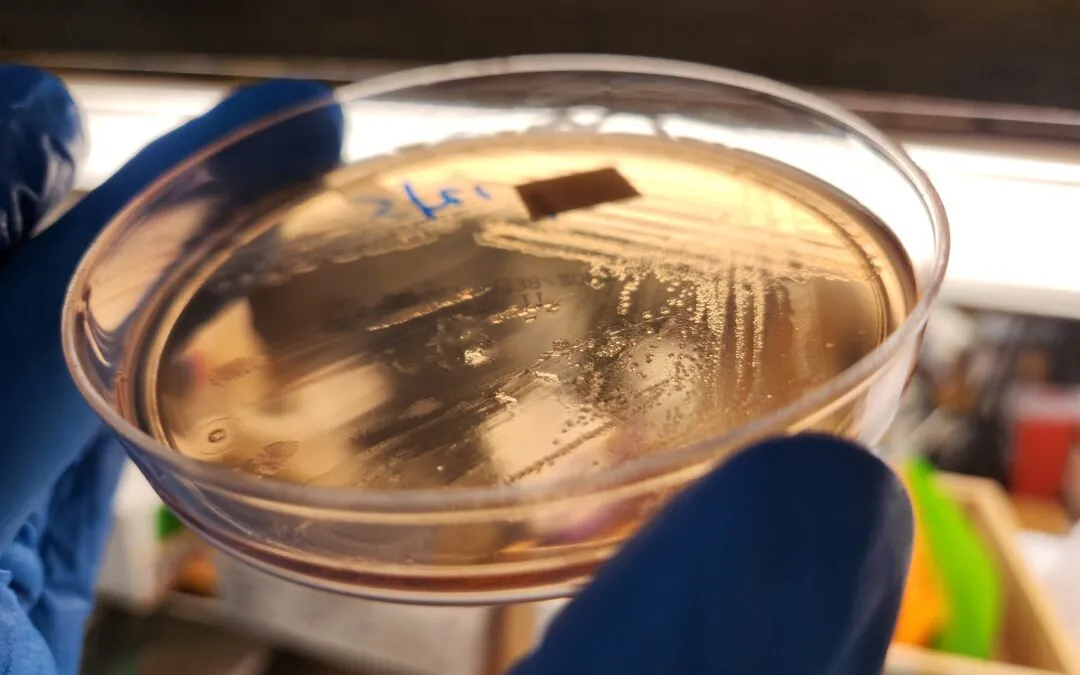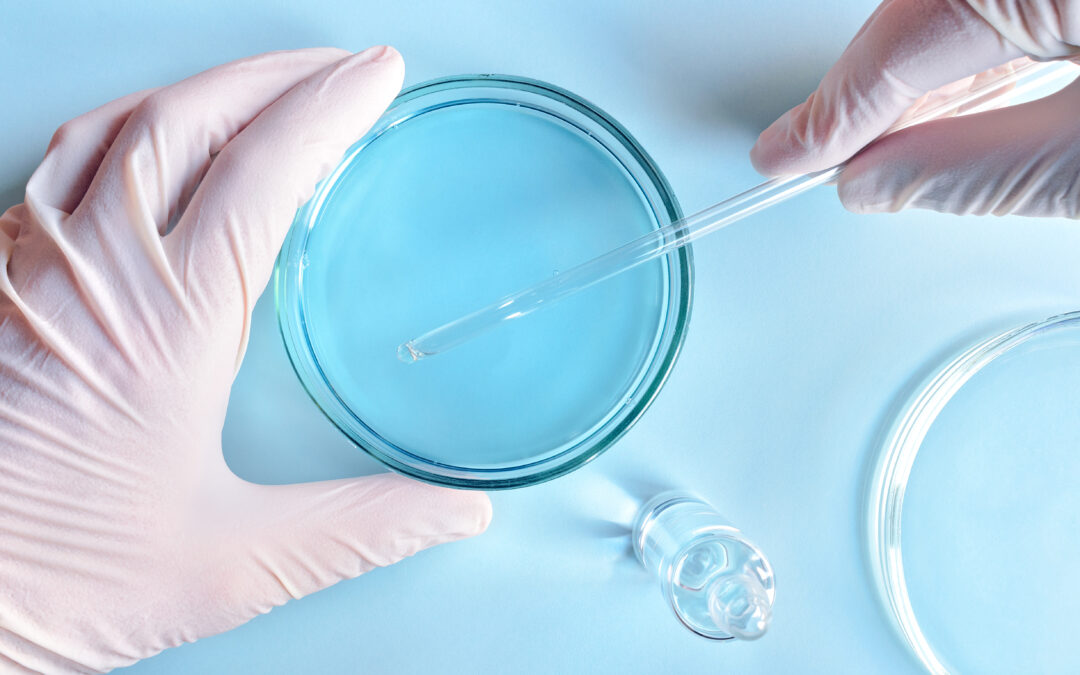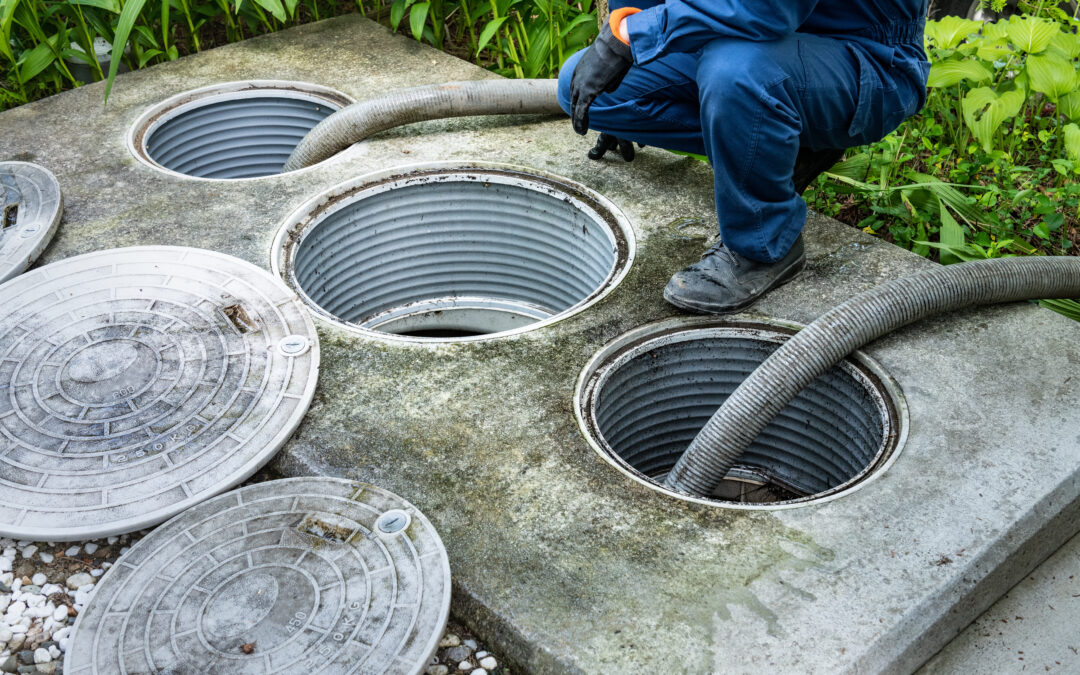In your search for environmentally friendly cleaning ingredients, you’ve likely come across the term ‘biosurfactants’. Do you know what they are – and what they do in bio-enzymatic cleaners? Read on to become armed with the knowledge you need to make informed formulation decisions.
What is a Biosurfactant?
A biosurfactant is a biologically derived substance that helps reduce the surface tension of a liquid in which it’s dissolved. In the context of industrial and institutional cleaning, biosurfactants can be produced by a variety of microorganisms and help breakdown difficult-to-degrade materials like fats, oils and grease (FOG).
The biosurfactants produced by microbes in bio-enzymatic cleaners are considered safe with few environmental repercussions surrounding their use. They are widely considered to be non-harmful to both human and animal health and are easily degradable.
How Do Biosurfactants Work in Bio-Enzymatic Cleaners?
Biosurfactants can help boost the degradation of stains within bio-enzymatic cleaners. First, they reduce the surface tension between two otherwise unmixable liquids (think oil from a stain and water from the cleaner base), combining the two liquids together. With the two liquids blended, the microorganisms within the bio-enzymatic cleaner can digest the oil molecules, helping to remove the stain.
Additionally, like traditional cleaners without microbes, biosurfactants in bio-enzymatic cleaners help break apart stains and lift them from a surface in the same way synthetic surfactants do. This makes stains easier to wash away.
At Microbial Discovery Group (MDG), we incorporate scientifically selected species and strains of a microorganism called Bacillus in our customers’ formulations as they produce biosurfactants.
WeGotYourBac™ with Bacillus
In the world of cleaning, we’re passionate about helping you find the right ingredients for your bio-enzymatic formulation. For microbial formulation guidance and a look at our SporActiv® ingredient line, contact us and a bio-enzymatic cleaning expert will be happy to help you.









